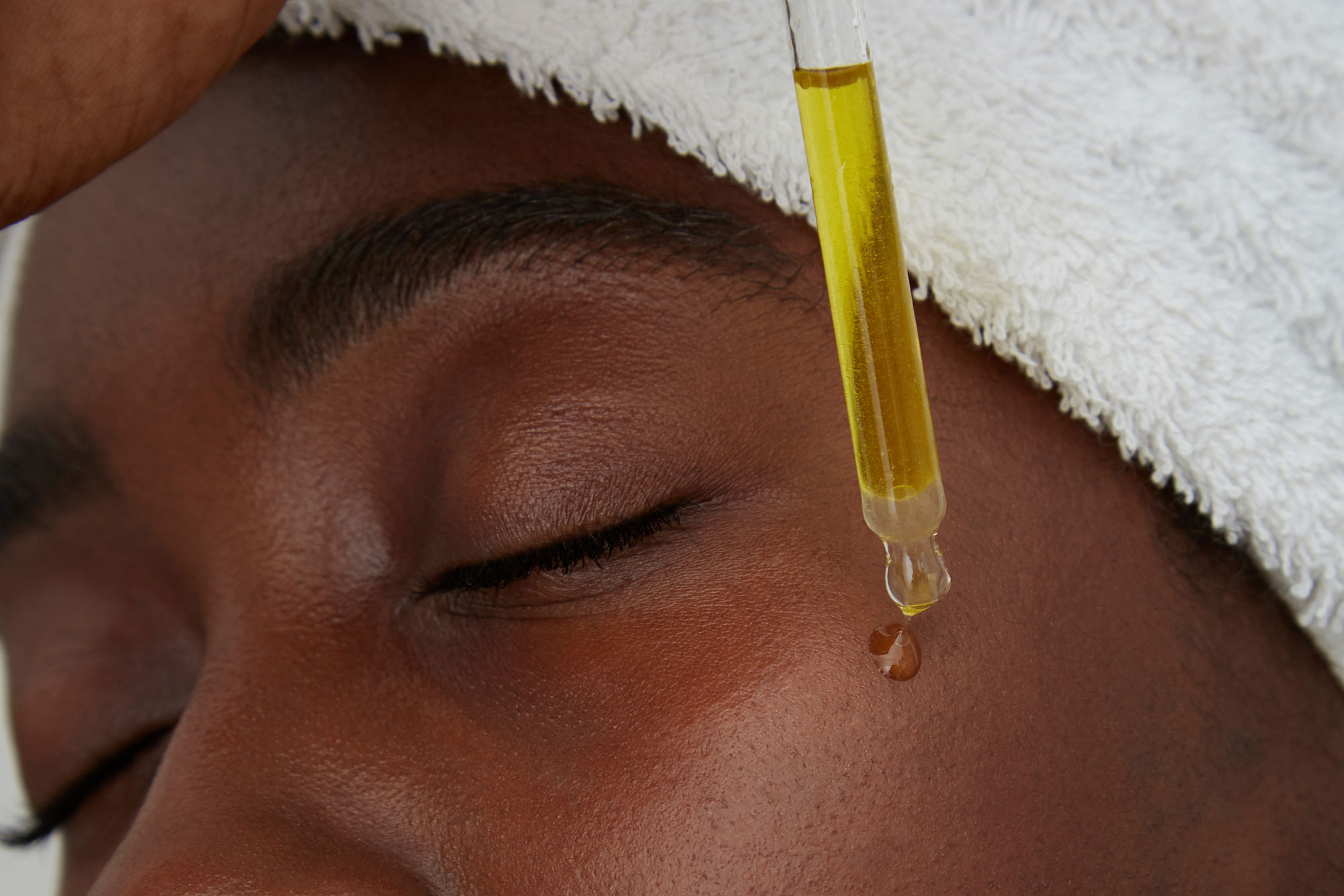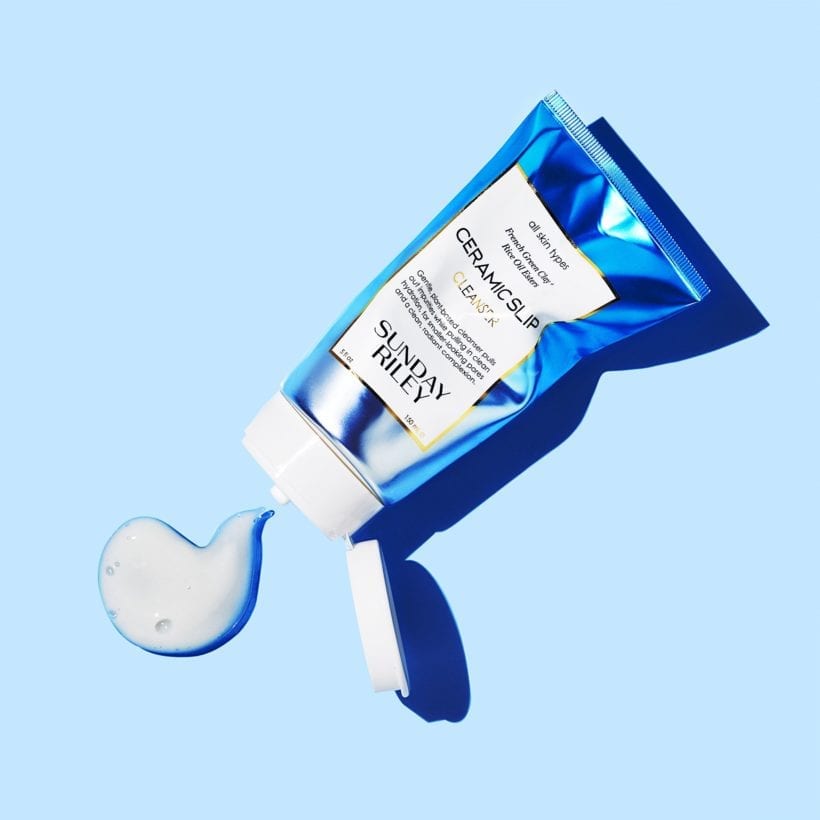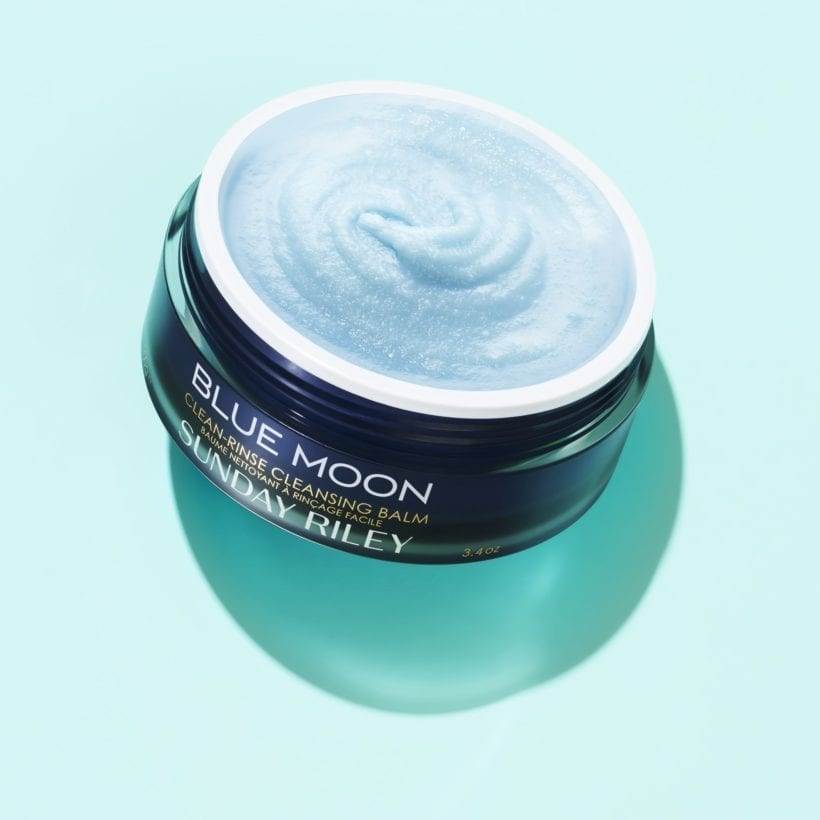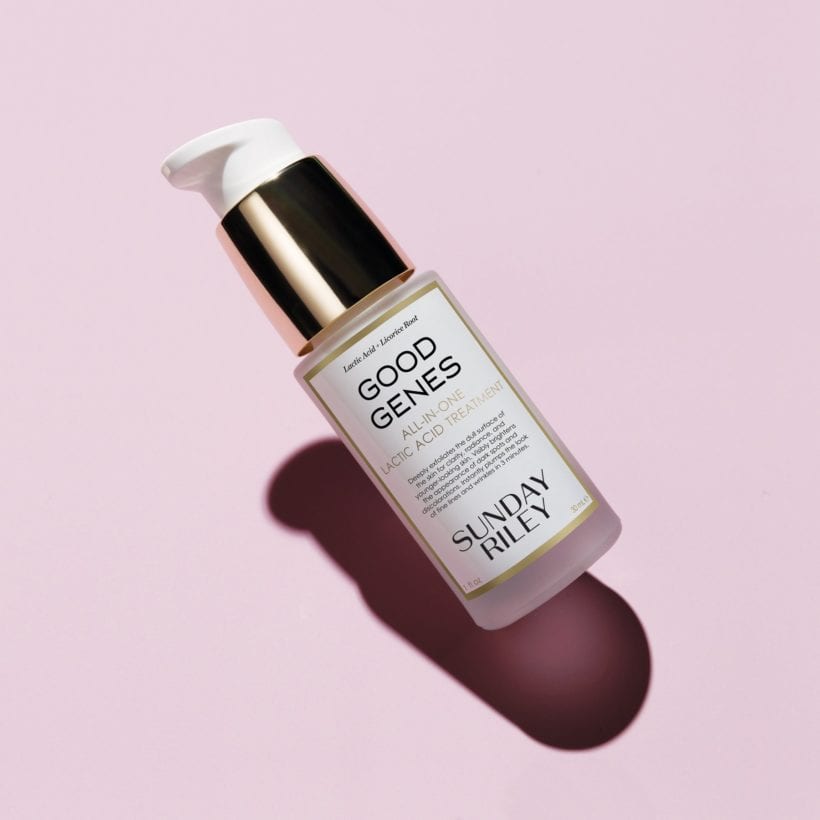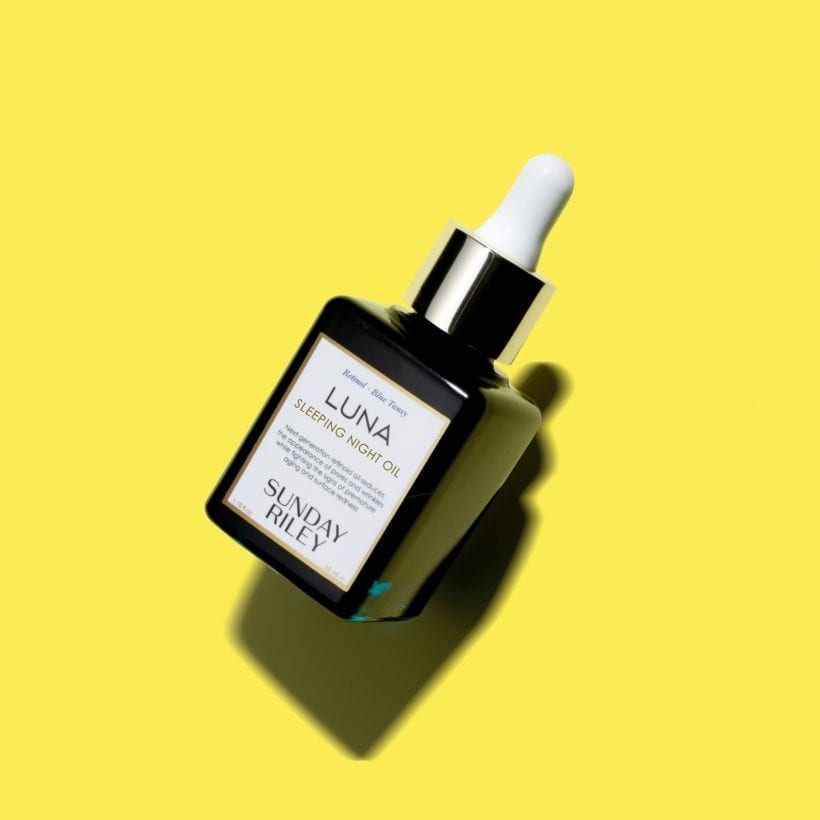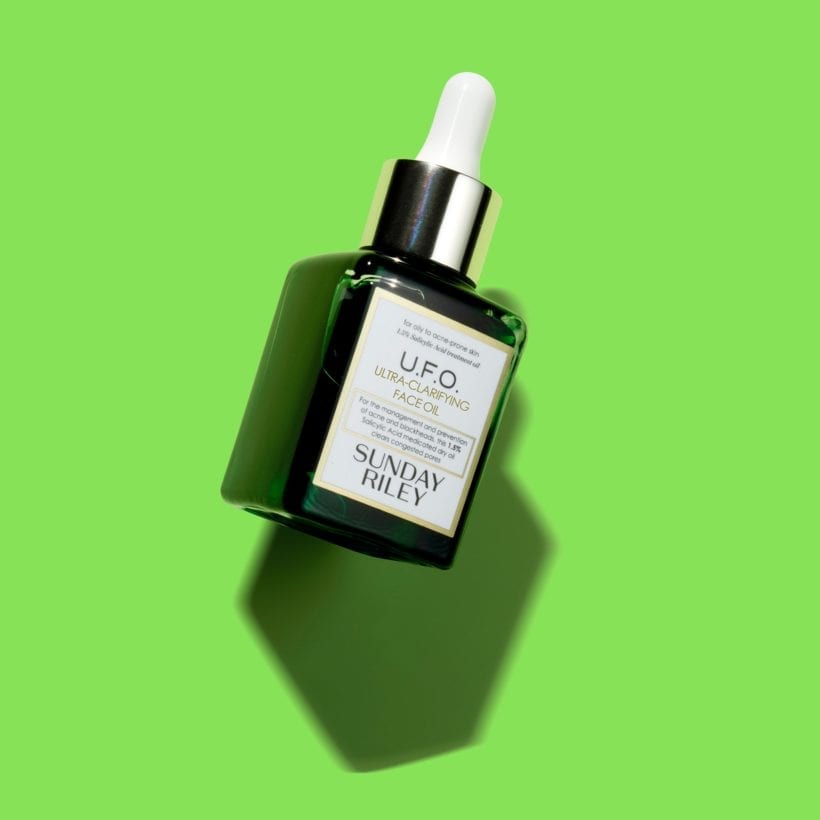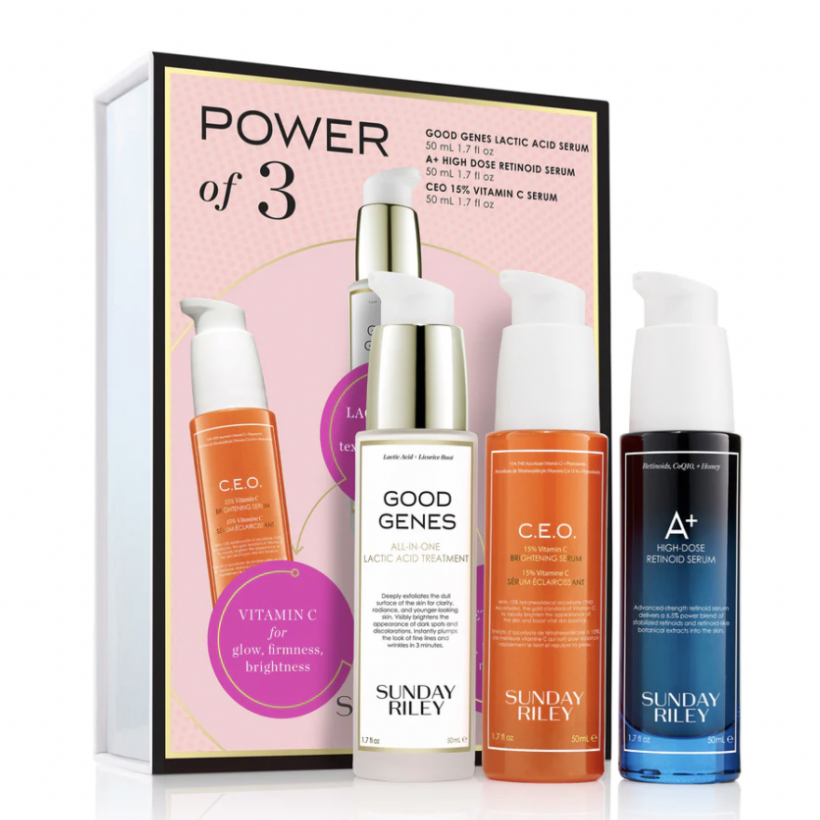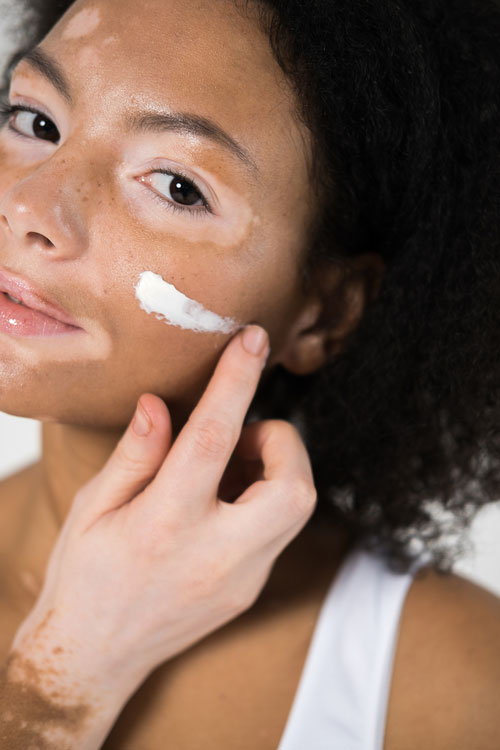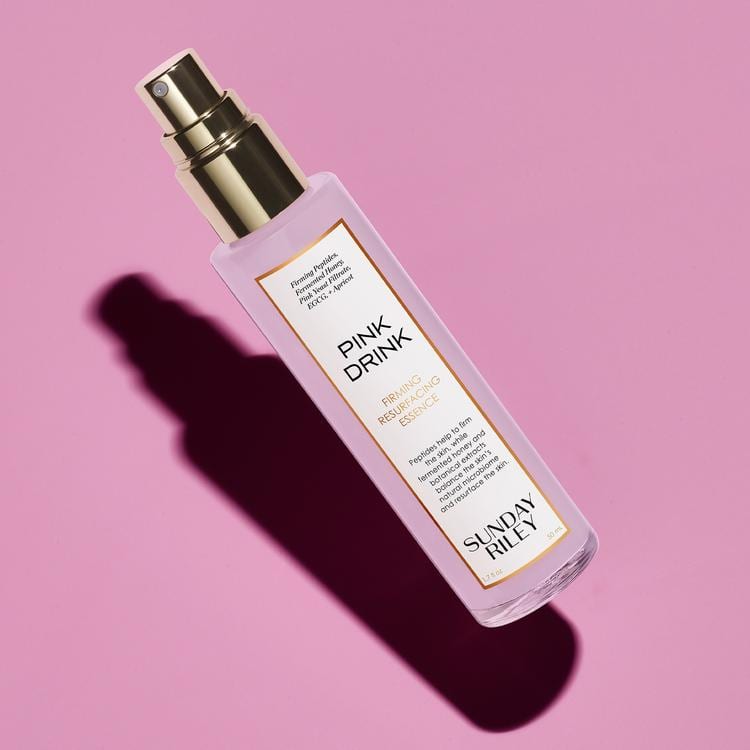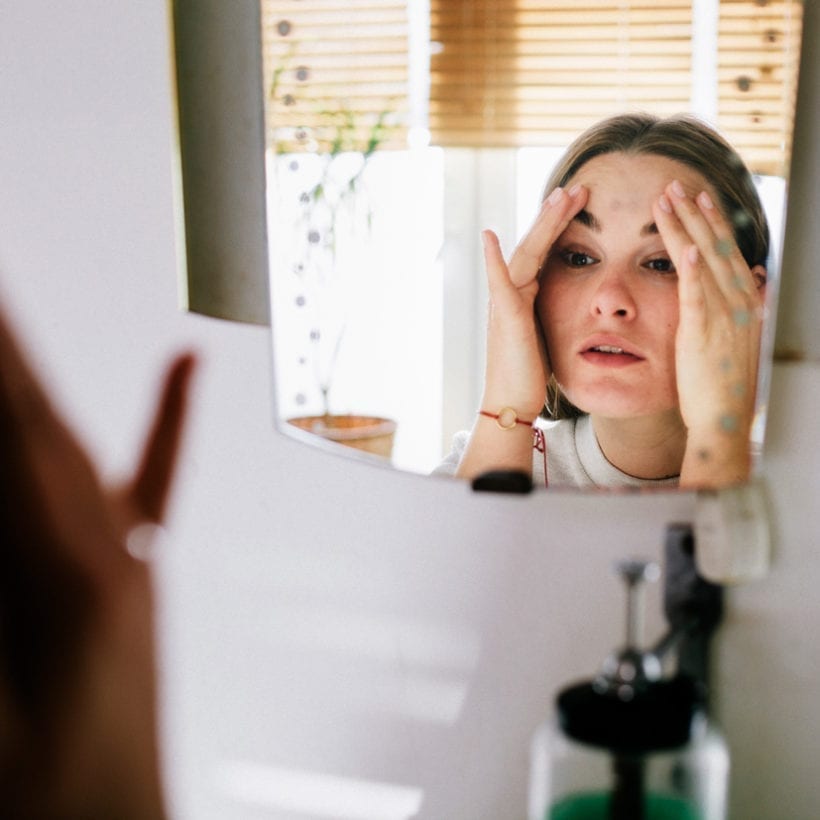We all want healthy, clear skin that has that dewy glow, but, for most of us, this isn’t the easiest task to achieve. In fact, our skin is an actual organ in our body — the largest one at that — and one that happens to be on the outside of our body for all to see. Being that it is a living, breathing organ, it is susceptible to a myriad of changes as a result of everything from our immune system and emotions to our activity level and our outside environment.
Although we frequently associate skin health with beauty, its primary function is to protect the body from external elements like chemicals, bacteria, physical injury, and temperature, explains Sunday Riley, CEO, founder, and product formulator. “Skin health is crucial, as it not only safeguards the body’s internal organs but also serves as an indicator of internal health issues. Often, internal concerns manifest through our skin, alerting us to potential problems within our body,” she says.
Unfortunately, many of us feel very out of control of our skin health and may suffer from one or more skin conditions such as acne, eczema, rosacea, or psoriasis. Many of these are caused or at least influenced by our genetics as well as aging. While we can’t control our genetics or pause the stopwatch on aging, there are many factors within our control that can influence the health of our skin. In fact, some of the people we look up to for having healthy, glowing skin, practice very specific skincare and lifestyle regimens that help boost their skin’s vitality. ‘Knowing the ingredients and the quality of ingredients you’re putting on your skin is important. For example, Vitamin C is essential for protecting your skin against pollution and other environmental aggressors, which can cause skin damage like hyperpigmentation, fine lines, and dullness. We use THD Ascorbate in our C.E.O. line which is the absolute gold standard of vitamin C – a highly potent, more stable and less irritating form. Ensure the ingredients you’re putting on your skin are high quality and at the highest standard,’ highlights Sunday.
Here, dermatologists and skincare professionals share the most common habits of people with a healthy skin glow.

Meet the Experts
Sunday Riley , CEO, founder and product formulator
Shannon Irene is a bi-coastal esthetician.
Mary Alice Mina, M.D., is an Atlanta-based dermatologist and Mohs surgeon.
Anna Chacon, M.D., is a Miami-based dermatologist.
Lian Mack, M.D., is an NYC-based dermatologist at GlamDerm.
1. They wash their face twice daily
If washing your face is already part of your skincare routine, you’re on the right track, but just how often you wash your face matters. Most dermatologists agree that you should be washing your face twice daily — once in the morning and once at night — but choose the cleansers that won’t strip your skin of its natural oils and actually push its oil creation into overdrive, like clay-based Ceramic Slip Cleanser by Sunday Riley. ‘Good skincare starts with a good cleanser. Cleansing for at least one minute is ideal but if you’re washing your face at all, I’m happy. Believe it or not, a lot of people come to us who actually don’t wash their face at all and that’s problematic. Not cleansing properly can cause so many skin issues including inflammation, sensitivity, redness, and collagen degradation,’ explains Sunday.
2. They exfoliate daily
In addition to basic cleansing, Irene recommends incorporating some form of exfoliating to help slough off dead skin cells and encourage skin cell turnover. ‘Good Genes is an all-in-one alpha hydroxy acid serum that really transforms the surface of your skin by exfoliating the dull, pore clogging debris that’s on the top of your skin. It has this higher dose of vegan lactic acid, but then it’s balanced with ingredients like lemongrass and licorice root extract to go in and help improve the signs of skin discolorations. You can use it daily, even if you have a sensitive skin. Lactic acid is one of my absolutely favorite alpha hydroxy acids. It’s a larger molecule, so it doesn’t sink as deeply into the surface of the skin as other alpha hydroxy acids, which makes it a little bit gentler. But it’s also the only one that’s hydrating. So it’s great for everyone. It’s going to really resurface your skin, but it’s gentler, so you’re not going to get a lot of irritation from it. Whether you suffer with acne or you’re worried about fine lines and wrinkles or dark spots and discoloration, Good Genes really improves the appearance of the skin, no matter what condition you’re working with’.
3. They understand the Power of THREE
‘The philosophy of the Sunday Riley brand is science based skincare, balanced by botanicals, for healthy, glowing skin. And I’m a big believer as a product formulator that you need three ingredients in your life no matter what your skin type is. And that’s going to be an alpha hydroxy acid, a retinol and a vitamin C product. You really need all three from my perspective, to have total skin transformation. Retinoids really work by helping to transform your skin from the bottom up, and alpha hydroxy acids really work from the top down by cleaning the kind of dirty slate that’s on the surface of your skin. So together, they’re often just a power couple because they really give you total and complete change. And vitamin C is such a strong antioxidant and really great for the overall look and appearance of your skin,’ explains Sunday. ‘I formulate these products and I’m very focused on balance. So I definitely believe that you need biotechnology and active ingredients to really get transformation in your skin. Clean green technology is really our brand mantra for how we go about transforming the skin. We’re very much so powered by science and balanced by botanicals. So the technology side really does help you get that total transformation of your skin. But the green side of the botanical side really balances that out.’
4. They drink lots of water
Our bodies are made up of 60 percent water, per the U.S. Geological Survey, so it’s understandable that we should be drinking quite a lot of it to keep up with our bodily needs. Our skin, too, requires hydration in order to maintain its health and suppleness. “A hydrated skin barrier will keep your skin glowing and protected,” says Mary Alice Mina, M.D., Atlanta-based dermatologist and Mohs surgeon. Aim for about 2.7 liters a day for women and about 3.7 liters for men, as recommended by the U.S. National Academies of Sciences, Engineering, and Medicine.
5. They stay out of the sun
Kicking back and relaxing on the beach or by a pool might feel nice, but that exposure to the sun’s harmful UV rays is not good for your skin. “Not only will you look and feel better by avoiding sun exposure, but you will do your part in preventing skin cancers like basal cell carcinomas, squamous cell carcinomas, and melanomas,” says Dr. Mina. She recommends seeking shade whenever possible and protecting your skin with a hat and long-sleeved clothing when outdoors.
6. They use sunscreen regularly
Even if you’re mostly indoors, Anna Chacon, M.D., a Miami-based dermatologist, recommends applying sunscreen and choosing a sunscreen with a broad-spectrum sun protection factor (SPF) of at least 30. The American Academy of Dermatology recommends applying a broad-spectrum sunscreen, which protects against both UVA and UVB rays, that has an SPF of at least 30. Bonus points if the sunscreen is water resistant, as this can help ensure it doesn’t wipe off easily if you’re sweating or plan on swimming.
7. They eat a nutrient-rich diet
There’s no denying the fact that eating a diet rich in vitamins and minerals is good for you, but few of us realize the benefits it provides for our body’s largest organ: our skin. Vitamin C, which is found naturally in fruits and vegetables like citrus fruits, bell peppers, strawberries, broccoli and tomatoes, is necessary for the production of collagen, a structural protein that our body makes less and less of as we age, per research published in the Indian Dermatology Online Journal. Omega-3 fatty acids are also important for skin health and can be found in fatty fish like salmon and mackerel. Research has shown that omega-3 fatty acids can help reduce inflammation that can leave you more prone to breakouts.
8. They supplement when needed
“Taking supplements daily to help maintain levels of vitamin D and zinc in the body will help regulate the immune system and help lessen inflammation and contributing signs of aging,” says Irene. As a precaution, it’s a good idea to discuss any supplements you intend on taking with your healthcare provider to make sure they’re conducive to your overall health and do not have any contraindications with any medications you may be taking. She also suggests a probiotic to many clients, gut-health issues can surface in the skin. “Probiotics balance the bacteria levels in the stomach and gut and can help lessen breakouts and yeast in the skin,” she says. The peptide-infused Pink Drink Essence by Sunday Riley is a revolutionary skincare product that focuses on external microbiome balancing. This essence is designed to support the skin’s natural microbiome, promoting a healthy, radiant complexion. It harnesses the power of peptides, fermented honey, and botanical extracts to strengthen the skin barrier, ensuring optimal hydration and protection against environmental stressors. By nourishing the skin’s microbiome, the Pink Drink Essence helps maintain a balanced, resilient skin environment, reducing the appearance of redness and irritation. Its lightweight formula absorbs quickly, leaving the skin feeling refreshed and rejuvenated, making it an essential step in any skincare routine.
We only recommend products we have independently researched, tested, and loved. If you purchase a product found through our links, Sunday Edit may earn an affiliate commission.
